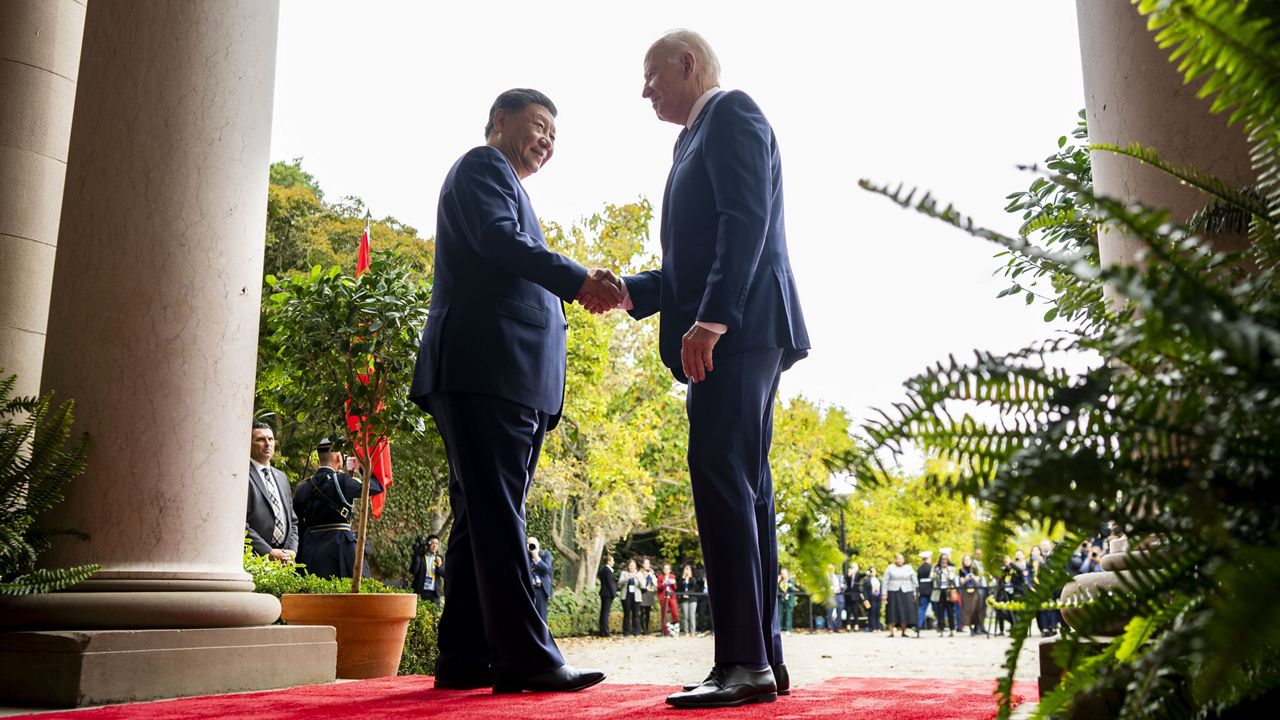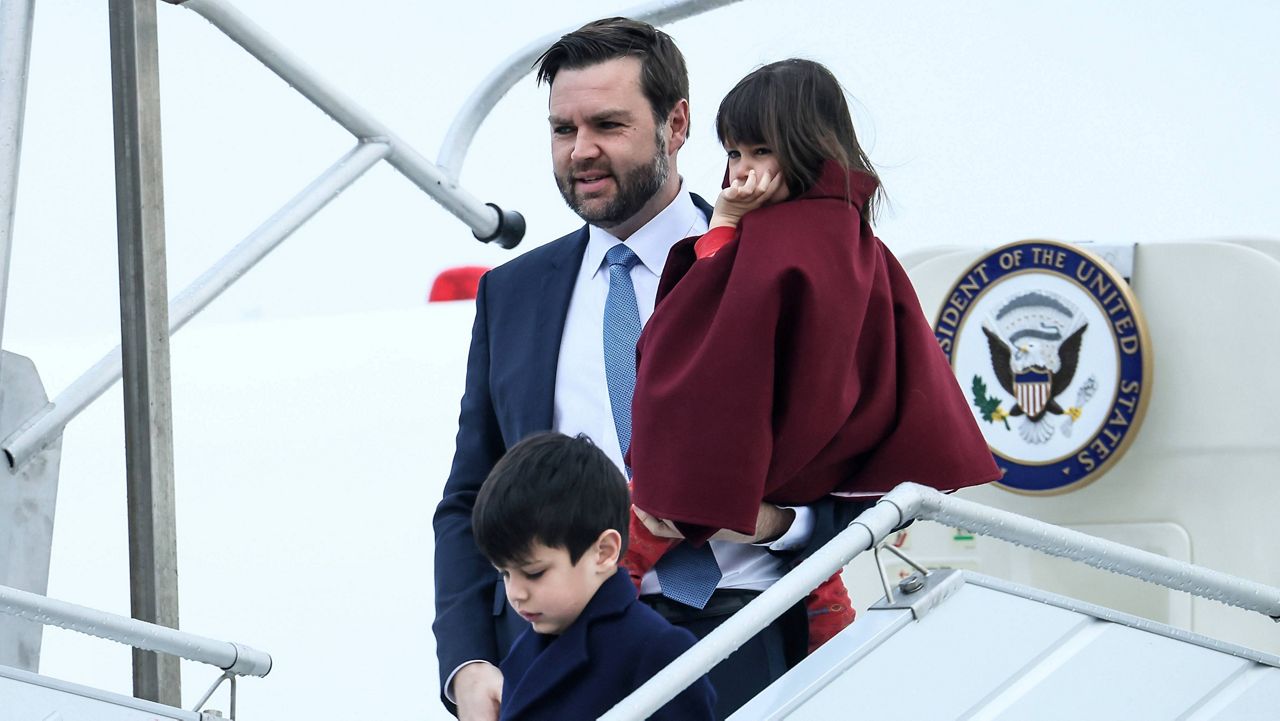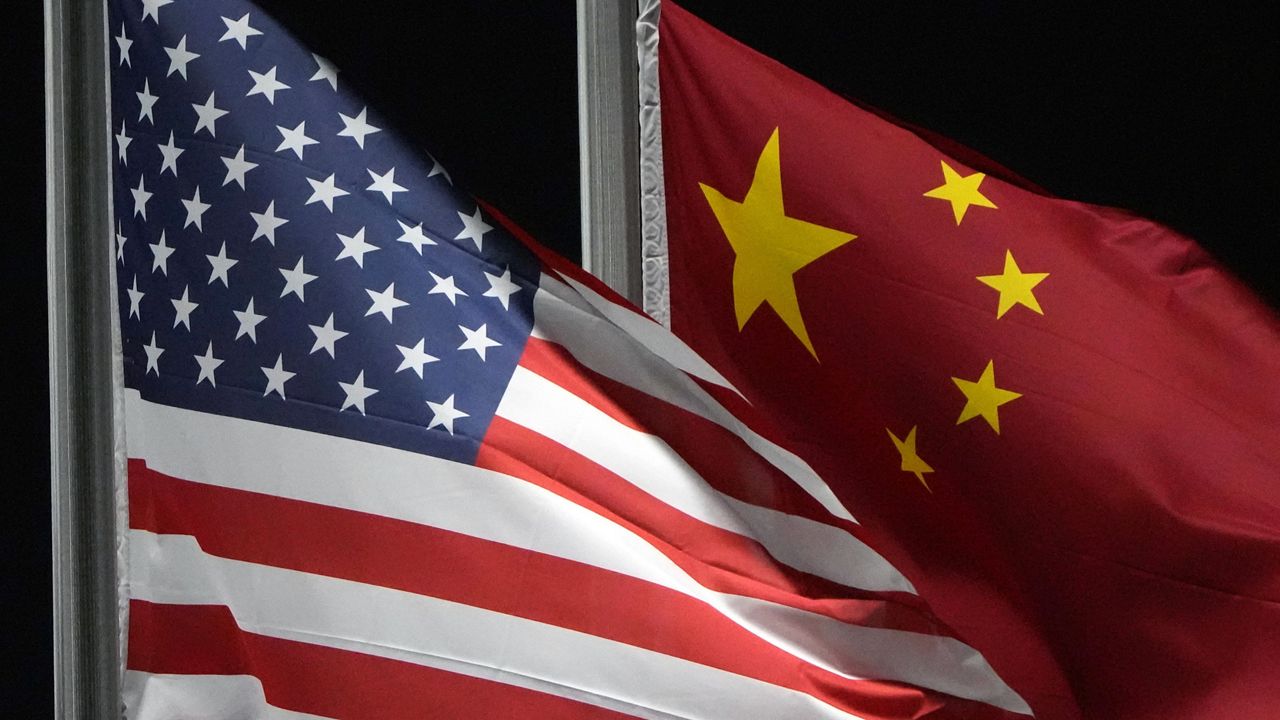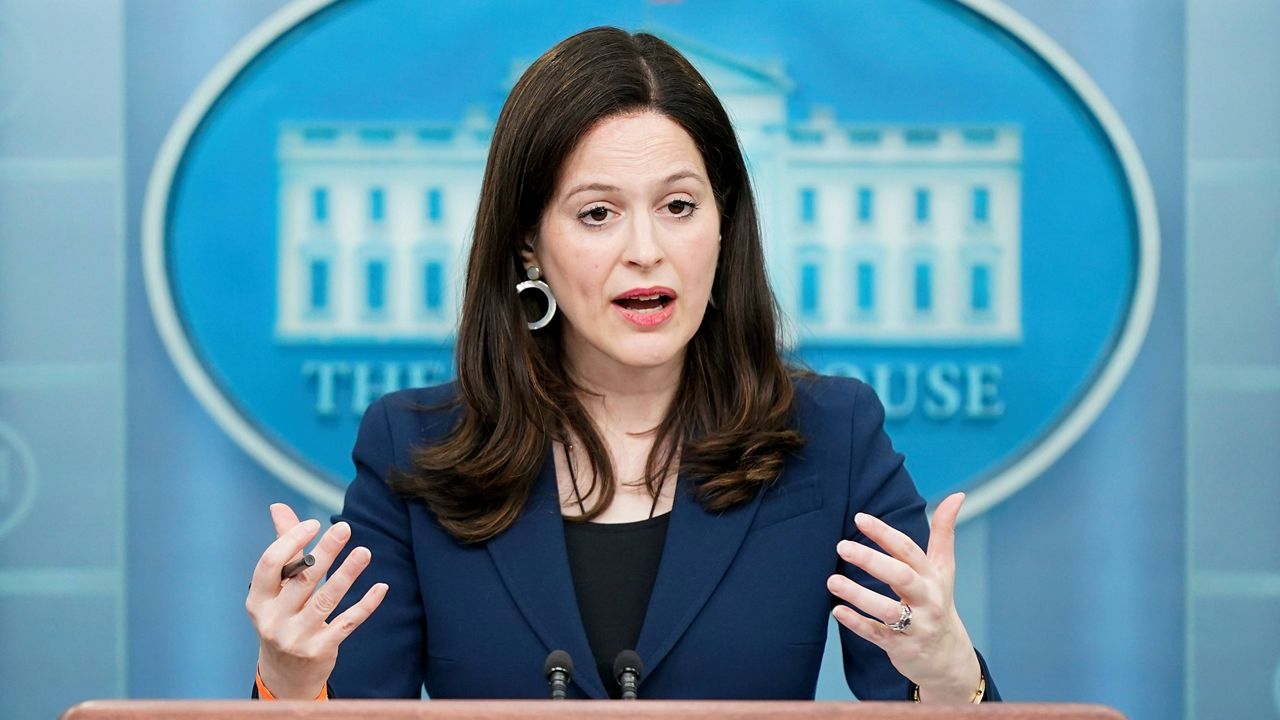The Treasury Department on Monday finalized a rule blocking U.S. investors from funding the development of certain technologies “core to the next generation of military, cybersecurity, surveillance, and intelligence applications” in China in a bid to keep an advantage over the Chinese military.
What You Need To Know
- The Treasury Department on Monday finalized a rule blocking U.S. investors from funding the development of certain technologies “core to the next generation of military, cybersecurity, surveillance, and intelligence applications” in China in a bid to keep an advantage over the Chinese military
- The newly restricted investment areas include artificial intelligence, quantum computing technologies and semiconductors
- U.S. investors contributed to roughly 17% of investments in Chinese AI companies between 2015 and 2021
- At meetings in Geneva in May, U.S. officials raised concerns over “the misuse of AI” by China. In turn, Chinese officials protested “the U.S. restrictions and pressure in the field of artificial intelligence"
The newly restricted investment areas include artificial intelligence, quantum computing technologies and semiconductors.
“Artificial intelligence, semiconductors, and quantum technologies are fundamental to the development of the next generation of military, surveillance, intelligence and certain cybersecurity applications like cutting-edge code-breaking computer systems or next generation fighter jets,” Assistant Treasury Secretary Paul Rosen said in a statement. “U.S. investments, including the intangible benefits like managerial assistance and access to investment and talent networks that often accompany such capital flows, must not be used to help countries of concern develop their military, intelligence, and cyber capabilities.”
The “countries of concern” in question include China as well as the semi-autonomous Chinese territories of Hong Kong and Macau. Senior administration officials said that the rule, in response to an executive order from President Joe Biden last year, aims to restrict and monitor the flow of U.S. investors’ dollars into the development of technologies in China that present a “threat to U.S. national security,” as one senior administration official put it on a press call on Monday.
“President Biden has said we are at an inflection point with respect to advanced technologies, and as he's often said, we will see more technological change in the next 10 years than we saw in the last 50,” the official said. “The president directed his national security team to ensure that where we have significant advantages our world leading technologies and know-how are not used against us to undermine our national security.”
Biden administration officials pointed to data analyzed by researchers at Georgetown University’s Center for Security and Emerging Technology showing U.S. investors contributed to roughly 17% of investments in Chinese AI companies between 2015 and 2021.
Beginning in January 2025, the Treasury Department’s newly formed Office of Global Transactions will oversee the new restrictions and reporting requirements.
“Emerging technologies, from AI and 3D printing, that could change the character of conflict itself. It’s not going to be easy decisions, guy,” Biden told now-Chairman of the Joint Chiefs of Staff General Charles “CQ” Brown Jr. at a U.S. Air Force Academy graduation ceremony last year. “We’ve got a lot to deal with — an incredible opportunity but a lot to deal with.”
In that same speech, as he has frequently as president, Biden said “the United States does not seek conflict or confrontation with China,” but that “we are prepared for vigorous competition." In November 2023, he discussed AI with Chinese President Xi Jinping when the two leaders met in San Francisco. This November, also in San Francisco, the U.S. is hosting a global summit on AI.
At meetings in Geneva in May, U.S. officials raised concerns over “the misuse of AI” by China. In turn, Chinese officials protested “the U.S. restrictions and pressure in the field of artificial intelligence."










